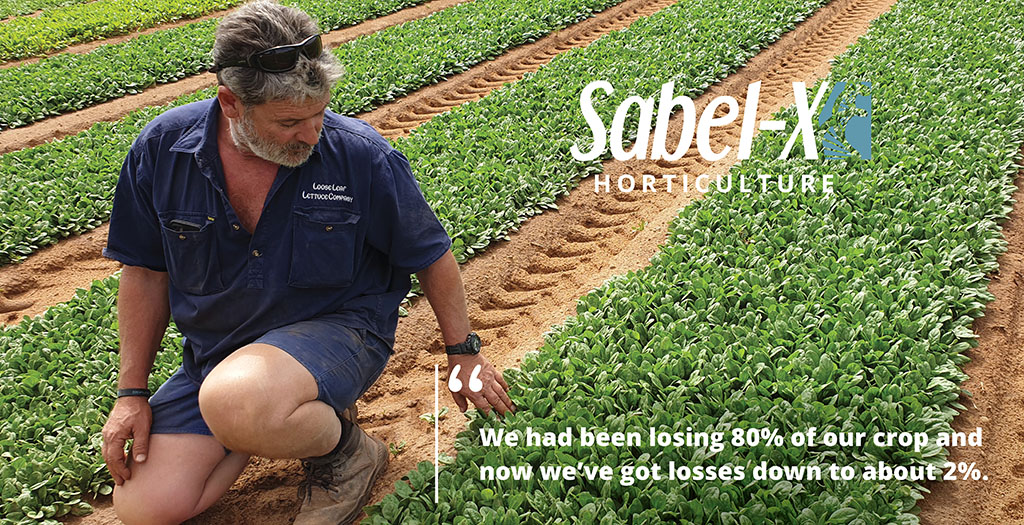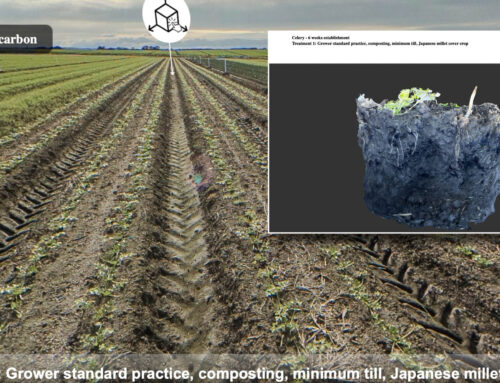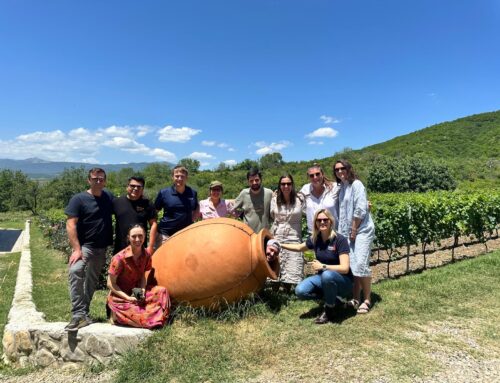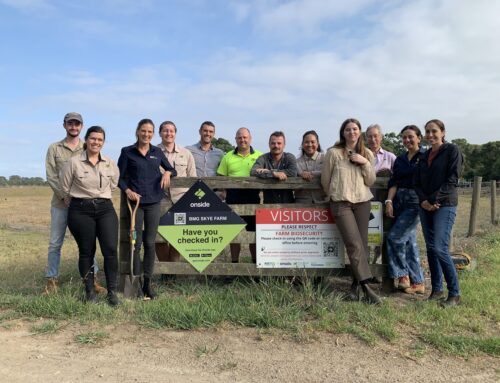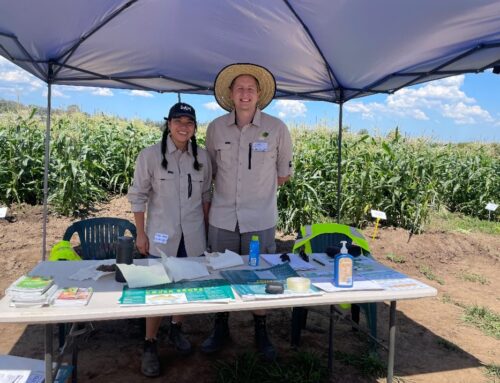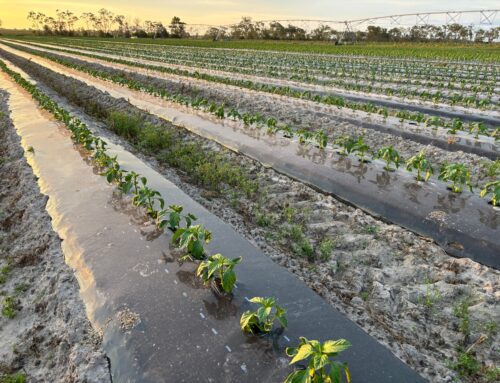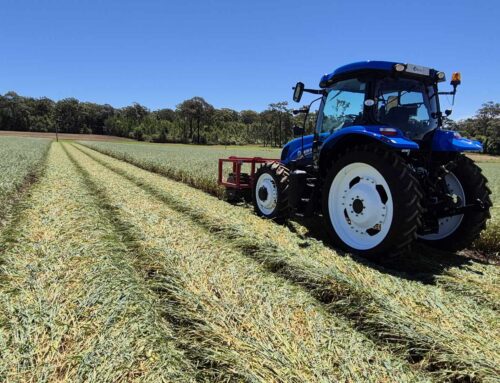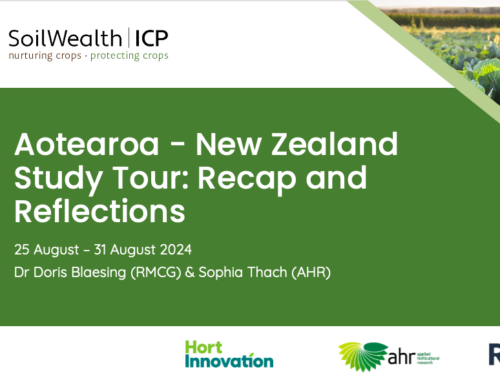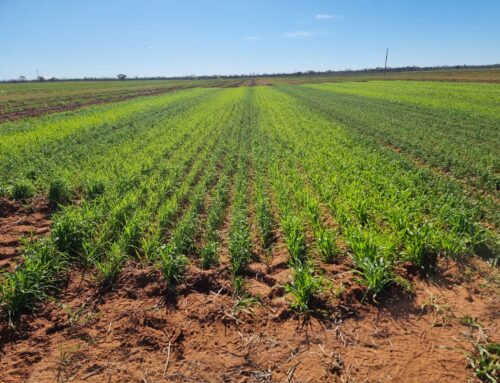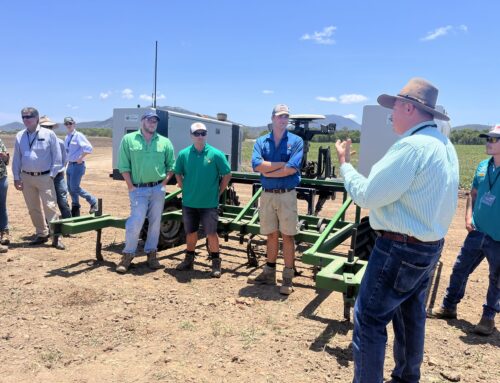An increased awareness of the impact of some long-standing farming practices and community expectations, combined with a greater interest and understanding of alternative systems and products has contributed to the evolution of sustainable vegetable production in Australia.
According to Soil Wealth ICP Partnership Network member and Sustainable Farming Solutions (SFS) General Manager Steven David, while progress has been made in Australian organic production in particular, there is still room for expansion.
When Steven developed the business alongside U.S. organic grower Tony Scherer in 1995, he believed the U.S. organic market was about 20 years ahead of its Australian counterpart. Now, he says, there is still a considerable gap.
“In the U.S. market 25 years ago, larger scale vegetable growers were starting to put 5-10% of their land into organic production and treating it as another product line. That is what we’ve seen in the Australian market in the last few years, as the supermarkets have encouraged more of their mainstream growers to consider organic production as a result of consumer demand,” Steven said.
SFS is a farm input supplier that works with growers across Australia to improve the ecological sustainability of their farms. The business focuses on four areas including soil health, crop protection, crop stress and fertilisers. SFS uses biological, organic or zero residue solutions to help growers reduce their reliance on chemical inputs. Products are for instance based on plant extracts, microbial metabolites or contain for example mycorrhizae or beneficial microbes.
“It’s about helping growers gain some confidence in this area and focus on improving the health of the crop, which starts with soil health and unlocking the soil’s biological potential.”
Four-step focus on sustainability
Steven outlined four key considerations for growers who are looking to use more sustainable in their farming practices.
- Use a carbon source, whether it’s quality commercial humate, compost or pelletised manure
- Use non-synthetic nutrition as much as possible, such as slower release sources of nitrogen to avoid peaks of soluble nitrogen that could potentially weaken plants
- Add biology (e.g. as microbes), and use the interaction between the plant and the microbe population in the rhizosphere/root system to your advantage
- Feed the soil biology using food sources that will stimulate microbial life in the rhizosphere.
“These are the basic steps, but if you want to go much further it’s about looking for natural and effective alternatives to weed and disease control,” Steven added.
What’s on the horizon?
Steven is confident that the industry will increasingly move towards non-synthetic product alternatives for vegetable production, particularly in the area of biopesticides.
“The ability to control pests and diseases with natural inputs at conventional efficacy levels is what’s just around the corner. While the Australian vegetable industry is heavily focused on the domestic market, for those growers who are exporting into Europe, there is a lot of pressure to reduce the number of residues as well as their limits.”
The Soil Wealth ICP team has developed the Biological Products Database to help growers navigate the array of biological products currently available on the market. Products include Sabel-X from Sustainable Farming Solutions, which uses endophytic Trichoderma to quickly enter the plant system and help it stay healthy by signalling to functional groups including bacterial groups around the root system.
Interested in joining the Soil Wealth ICP Partnership Network? Click here.
